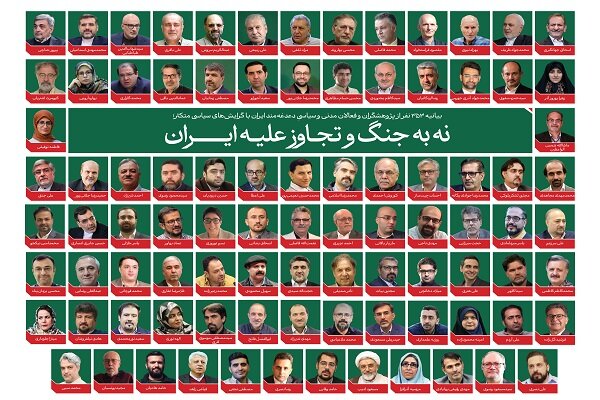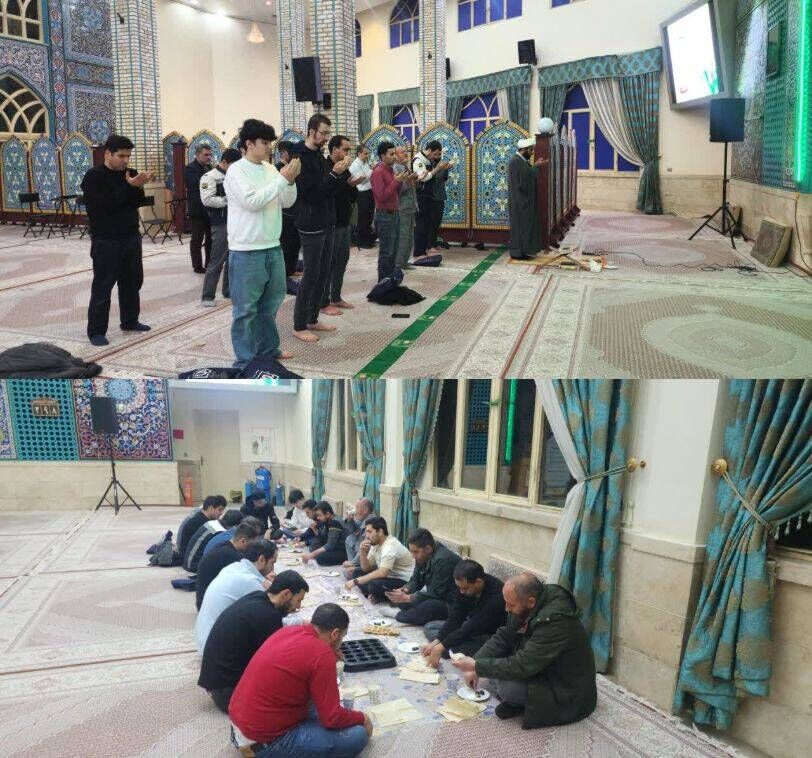Somali defence minister confirms MEE report of flights from Bosaso to Sudan
Somali defence minister confirms MEE report of flights from Bosaso to Sudan

Somalia’s defence minister has acknowledged that transport aircraft carrying undisclosed items are flying between Bosaso airport and western Sudan, following a Middle East Eye report last week detailing the use of such planes by the UAE to aid Sudan’s paramilitary Rapid Support Forces (RSF).
On 31 October, MEE reported that undisclosed heavy logistical materials were being offloaded at the airport, in Somalia’s Puntland state, before being loaded onto different aircraft.
A senior Puntland commander at Bosaso airport told MEE the cargo was destined for the RSF in Sudan, via neighbouring countries.
The RSF, which has been at war with the Sudanese Armed Forces (SAF) since April 2023, has been accused of committing genocide, and multiple survivors of its assault on the North Darfur city of el-Fasher told MEE this week that paramilitary fighters had raped, murdered and assaulted civilians.
On Wednesday, Somalia’s Defence Minister Ahmed Moallim Fiqi was asked about MEE’s report, which also detailed the use of Bosaso by Colombian mercenaries who fight alongside the RSF.
“It is true - and I acknowledge before the senate and the public - that planes have flown from Bosaso, Somalia, to Chad, Niger, and even western Sudan, delivering undisclosed logistics,” Fiqi told lawmakers.
“We have also received reports alleging that Colombian mercenaries were flown from Bosaso, though we have not been able to confirm this.”
MEE obtained exclusive images showing Colombians disembarking from an aircraft at Bosaso airport and heading to a camp nearby housing mercenaries from the country.
The Colombian personnel arrive in Bosaso on international commercial flights, transiting through the airport almost every day before continuing on to Sudan, where they fight alongside the RSF.
The UAE in Somalia
According to flight tracking data, satellite imagery, multiple local sources, and US and regional diplomats, the origin of these planes and their cargo is the United Arab Emirates.
For several years, the UAE has been funding Puntland's regional security forces.
Puntland is a semi-autonomous region of Somalia. Like Somaliland, which has declared itself an independent state but is not internationally recognised, it maintains close ties with Abu Dhabi.
A number of senators defended Puntland’s state president, Said Abdullahi Deni, over his alleged involvement in the Sudan war.
Fiqi responded that lawmakers should not “politicise and ignore the suffering of the Sudanese people blindly by defending others”.
Abdisaid Muse Ali, a former Somali foreign affairs minister, wrote a column on Friday accusing Somalia of being complicit in genocide in Sudan.
“Placed against United States intelligence reporting that the UAE has supplied the Rapid Support Forces in Sudan with weapons, including Chinese-made armed drones, the Bosaso waypoint becomes impossible to ignore,” he wrote.
“It marks Somalia’s territory as part of a clandestine network sustaining a militia accused of genocide.”
Mogadishu maintains control over Somali airspace and authorises all flights into the country, but it has no authority over Bosaso’s port and airport.
Despite the uneasy relationship that exists between Hassan Sheikh, Somalia’s president, and the UAE’s Mohammed bin Zayed, the government in Mogadishu has not openly confronted Abu Dhabi over its military activities in Puntland.
Ali, the former foreign minister, said the federal government must take responsibility over its alleged complicity.
“The federal government’s silence deepens the damage. If clearances were indeed issued from Mogadishu, then the centre cannot blame the periphery,” he wrote.
“A state that allows external actors to use its airspace for purposes it neither directs nor verifies concedes both moral standing and strategic leverage, and with them the legitimacy on which authority depends.”
MEE’s report on Somalia’s involvement in the war has sparked significant online and media debate. It was picked up by a number of Somali news outlets, as well as Ethiopian and Kenyan publications.
Sheikh Ali Wajis, a prominent Islamic scholar in Mogadishu, took to live television shortly after the report to accuse the UAE and Puntland of using Bosaso and dragging Somali people into Sudan’s war.
Mohamed Omar Dalha, another Somali former lawmaker, also took to live TV to caution about the use of Bosaso as an operational hub in Sudan’s war.
Many Sudanese people on social media pointed out that Sudan has stood by the Somali people during its own civil war, including through humanitarian, economic and educational assistance.
Sudan has provided scholarships to Somali students during the conflict, including to defence minister Fiqi himself.
Earlier this week, Somalia’s foreign affairs minister received the Sudanese ambassador to discuss the war, and in particular the situation in el Fasher. It’s not clear if the use of Bosaso was discussed during the meeting.













